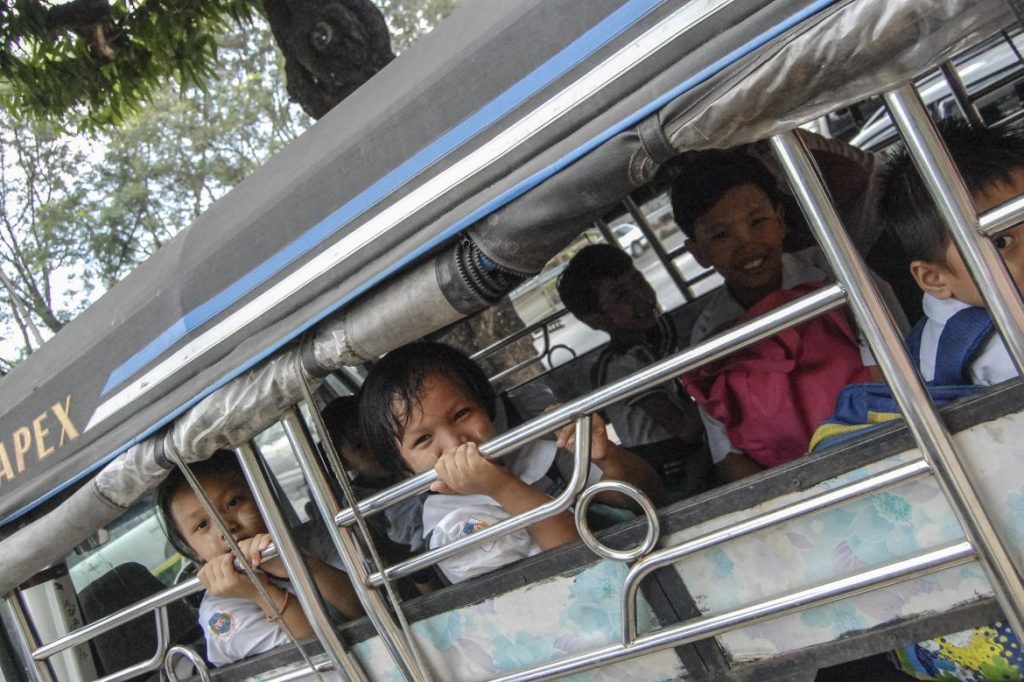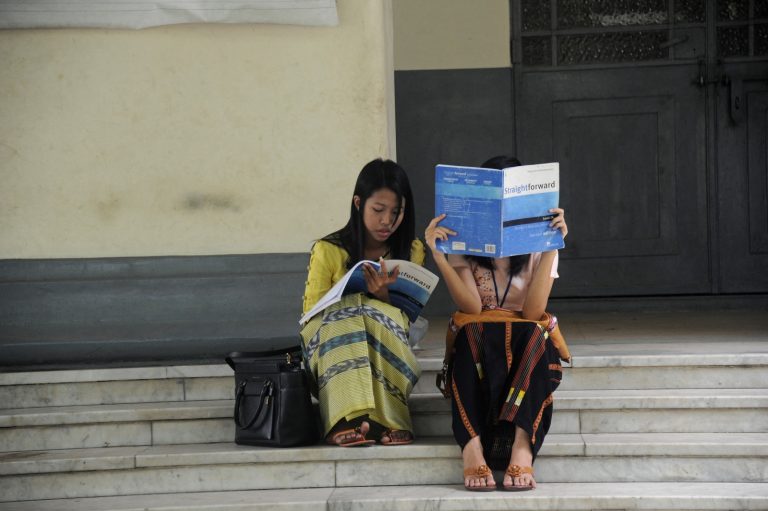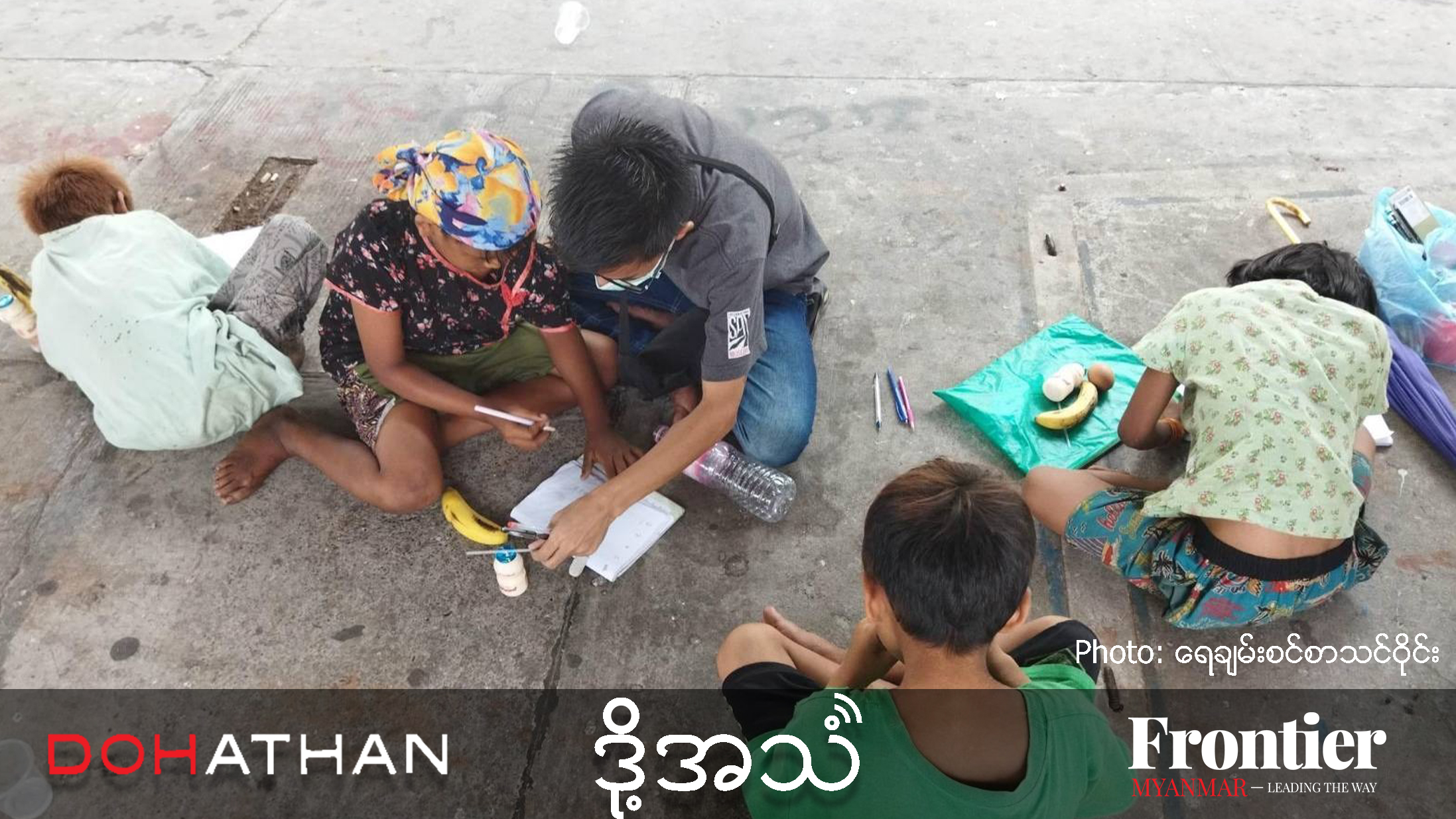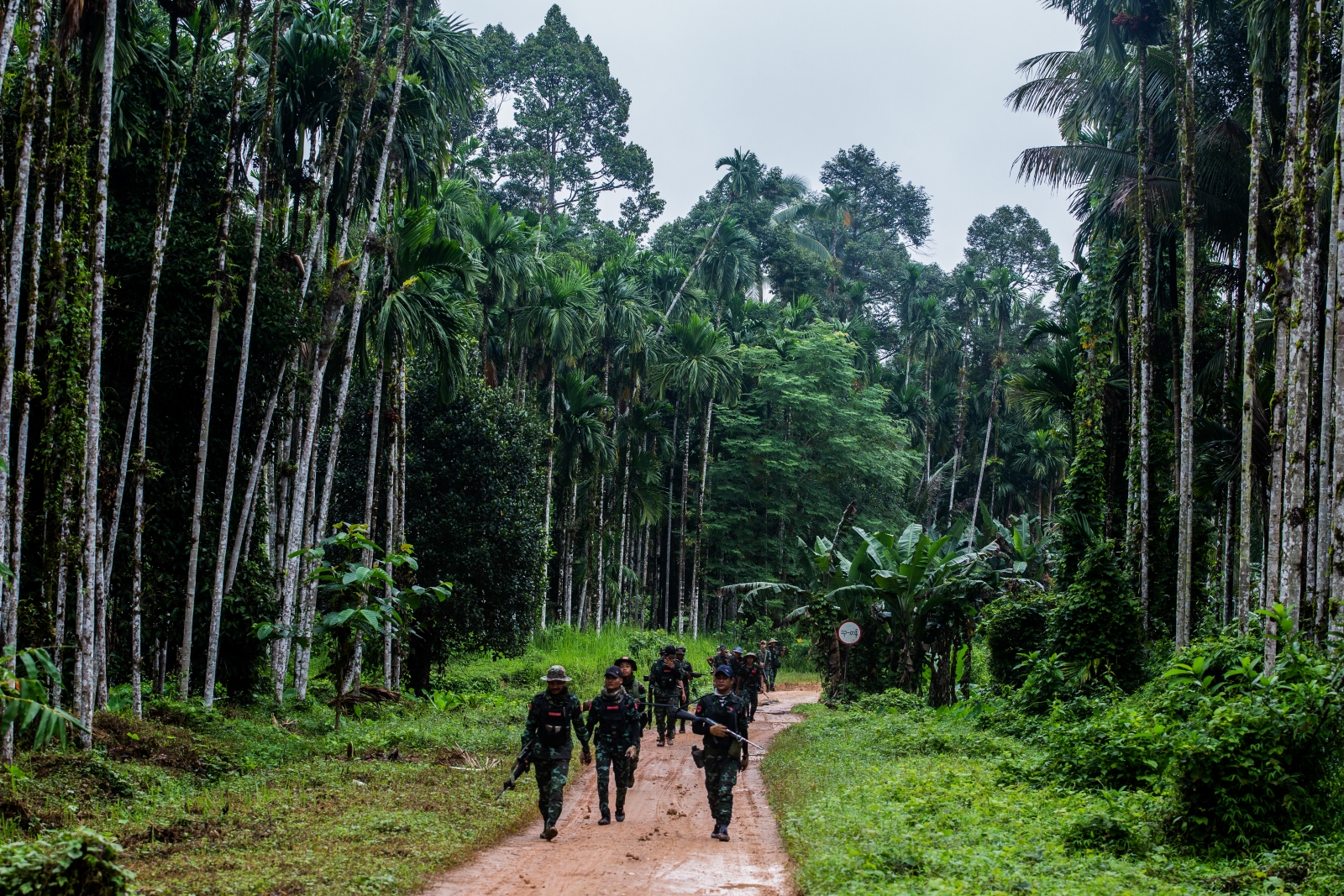The reform of the education system is providing opportunities for innovation and collaboration between Myanmar and international educators.
By DARYL ORCHARD | FRONTIER
Myanmar is not unlike any other frontier market across the globe. As the country continues its rapid political, cultural and economic transition, keeping educational reform at the heart of these changes is essential. With the new government seeking to make significant improvements to Myanmar’s educational framework, experimentation is not something to be afraid of, but embraced.
As a basic principle the new National Education Law is correct to highlight the need to attain an international standard for the Myanmar education system. To achieve this aim, it should seek to learn from international best practice through a variety of joint programs with overseas institutions and by establishing a series of visiting professorships, with foreign academics attending Myanmar universities and Myanmar professors visiting their peers overseas.
The development of beacon schools in the Myanmar system will allow new education practices and techniques to be pioneered and perfected, with evolving best practice systematically spread throughout the whole education sector. This freedom for innovation within a framework of accountability will subsequently play a major role in advancing student achievement.
These initiatives will in turn provide opportunities for respected international education providers to enter Myanmar, enhancing the current educational offering and providing greater scope for collaboration between the Myanmar and international models of education.
Support more independent journalism like this. Sign up to be a Frontier member.
Inspirational teachers help create inspired students. In fact, research shows that the quality of a teacher is the most important school-related factor influencing student achievement. It is therefore critical for the Myanmar government to pay close attention to the training and development of both current and future teachers. Significant investment in this area is urgently required, as teachers are a major catalyst for development and change in education systems.
Training for education administrators is also key and should be undertaken by providing current administrators with the opportunity to experience, observe, learn from and question best-practices elsewhere. These initiatives, combined with the development of an effective accreditation system for schools and education authorities in Myanmar, will ensure that exacting standards are maintained and serve as a platform for even greater improvements in the longer term.
Inviting locally-established international education providers with a proven record of success outside the country to develop innovative partnerships with select Myanmar curriculum schools is another area worthy of consideration. Such endeavours would showcase how both sides can learn from the other to the mutual benefit of their students. The chosen programs could be academic, sporting, musical or artistic in nature.
Special educational needs is one area where international schools can draw upon years of pedagogical research and development to advise and support their Myanmar colleagues who may have less experience in the field. All in all, the culturally-sensitive sharing of educational knowledge can nurture the development of a modern education system to serve the needs of all the country’s children and adult learners.
In addition, international education will act as a critical element in the soft infrastructure development of Myanmar and support positive changes within the country’s reforms. International education, whether in the form of international schools, foreign curricula programs, or overseas tertiary and vocational education partnerships, offers the opportunity for local and foreign nationals to develop together with the development of the nation being the overriding principle.
While significant strides have been made towards achieving national priorities for educational reform and engagement, looking at ways to increase the private sector’s role in education can have several potential benefits.
When implemented correctly, the private sector can increase efficiency and expand access to education services, particularly for areas with limited access to schooling options, especially for marginalised groups. The World Bank says that to increase access and improve quality in education, many governments are finding it effective to separate the financing of education from its provision.
As the schools that I oversee in Yangon develop, under the guidance of the Dulwich College International group, we are excited by the prospects of becoming an integral element of the educational landscape in Yangon. We believe firmly that the appropriate exchange of ideas and opinions is healthy, and stimulates creative debate enabling new solutions to be identified.







